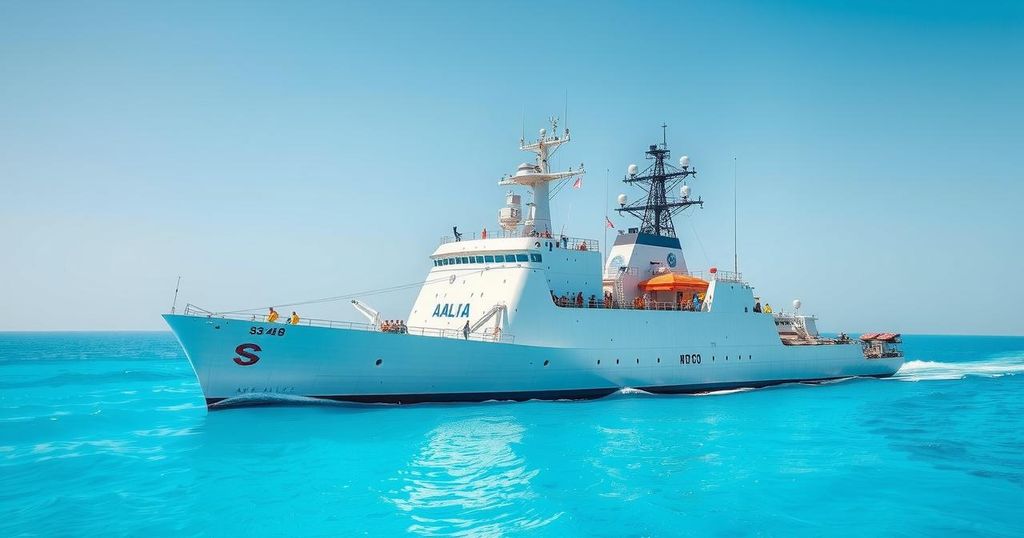UN Extends Authorization to Inspect Vessels Suspected of Violating Libya Arms Embargo

The UN Security Council has extended authorization for member states to inspect ships suspected of violating Libya’s arms embargo for an additional six months. Resolution 2780 allows inspections of vessels headed to or from Libya with reasonable suspicion of arms violations. While the resolution passed with support from 13 members, Russia and China abstained, expressing concerns over the EU’s effectiveness in enforcing the embargo. This measure continues the longstanding international sanctions established after the 2011 upheaval in Libya.
The United Nations Security Council has voted to extend the authorization permitting member states to inspect vessels suspected of violating the arms embargo on Libya. This decision came through Resolution 2780, which continues the authorization for six months, allowing the inspection of ships on the high seas believed to be carrying arms related to the embargo imposed back in 2011, according to reports from Xinhua.
Under this resolution, nations acting independently or through regional entities can intervene if there’s reasonable suspicion that vessels are transporting contraband. There’s also a request for the UN Secretary-General to update the Security Council on how this resolution is implemented within five months.
The resolution has garnered a favorable vote, receiving 13 in favor, while Russia and China chose to abstain. Representatives from these two nations voiced their doubts regarding the efficiency of the EU operation, known as IRINI, which is tasked with inspecting ships under this authorization. Moreover, they raised concerns about the methodology used to dispose of intercepted materials.
The backdrop of these sanctions traces back to the political upheaval in Libya in 2011, which ended in the ousting of former leader Muammar Gaddafi. The Security Council’s Libya Sanctions Committee retains significant authority to designate vessels as per the sanctions, essentially prohibiting transactions with Libyan crude oil exported illegally and banning bunkering services for designated vessels.
Back in June 2016, the council had previously adopted Resolution 2292, which also allowed for vessel inspections at sea to uphold the arms embargo. This recent extension demonstrates the ongoing commitment by the UN to monitor and enforce compliance regarding arms shipments to Libya, amidst a long-standing conflict that continues to affect the region.
In summary, the UN’s recent six-month extension to Resolution 2780 reflects a determined effort to address violations of the arms embargo on Libya. With this authorization, member states have strengthened tools for inspecting vessels, while the abstentions from Russia and China highlight ongoing concerns regarding the effectiveness of current operations. The continued commitment underscores the international community’s focus on stabilizing Libya’s turbulent situation and enforcing sanctions.
Original Source: www.socialnews.xyz






